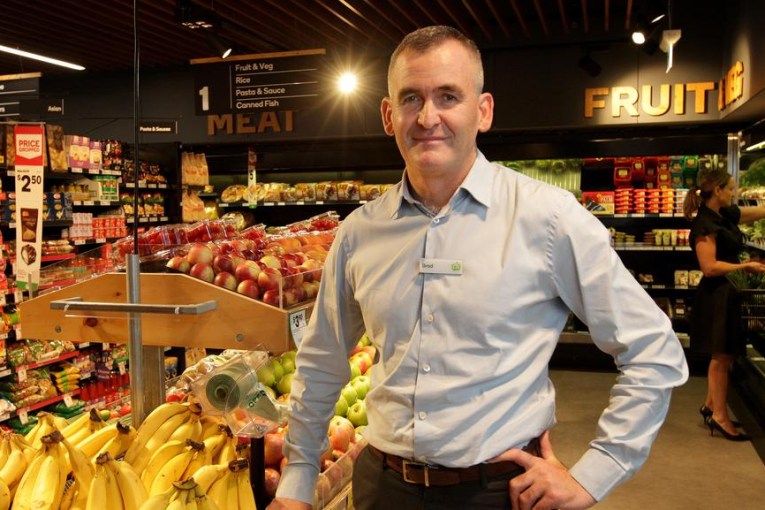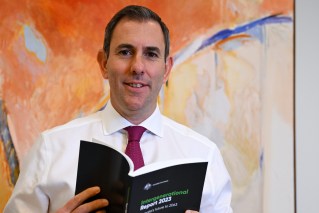Keep on trucking: Li-S strikes a deal that could lead to windfall
Battery upstart Li-S Energy has made its first step into the market with a collaboration deal with diesel truck conversion company Janus.

Li-S chief executive Lee Finniear
The announcement is only a collaboration with Janus to develop and test the Li-S battery, which has shown in its early testing to be far superior to lithium-ion. However, the potential is there for significant growth for the Brisbane based Li-S.
Even though Li-S has yet to produce a battery, the potential for the company appears to be significant because Janus has a plan to progressively phase out lithium-ion and replace them with the lithium-sulphur products from Li-S, subject to testing.
That could be a significant payday for Li-S because Janus has a projected demand for 495,000 cells, or 247.5MWh by the end of 2023. That would be equivalent to 400 trucks.
The transport fleet of semi-trailers in Australia is about 100,000 trucks, according to Li-S managing director Dr Lee Finniear.
He said the 2023 timetable was a “stretch goal” it would shoot for.
“Janus is going to have an ongoing requirement for batteries beyond 2023. It is really good news for us. We are going to do all we can to push forward development to get batteries as soon as possible,” he said.
The company has yet to put in place its pilot line and has yet to give a date on when it would have a commercial battery.
“We expect to start the pilot line implementation within 12 months of the IPO and finishing it in year two, so before 2023 and well earlier than that I expect.
“It’s a tremendous opportunity.”
The major objective of the collaboration is to increase the current range a vehicle can travel before the batteries are depleted.
“They (the trucks) have 600kw batteries. It’s like having six Teslas bolted to the side of the truck,” Finniear said.
“They (the lithium-ion) weigh a hell of a lot so the more they can improve the range and reduce the weight the more their technology will be adopted.
“If their challenge is weight, we can drop the weight and keep the same energy. If the challenge is range we can deliver double the range for the same weight.”
Janus has developed a battery exchange system that it claims is superior to having to recharge batteries. Under its system the batteries are swapped out rather than recharged. It also converts diesel trucks to electric.
It claims the swap system can reduce energy costs by as much as 50 per cent and potentially speed the industry’s transition to being carbon free.
Its current trial is being run between Brisbane and Sydney and will have charge-and-change stations at locations which are also place where there are mandatory driver fatigue breaks. Initial stations will be located at Hemmant in Brisbane, Taree and Coffs Harbour on the Pacific Highway, and Preston in Sydney.
Under the deal Li-S will collaborate with Janus to develop the lithium-sulphur and/or lithium-metal battery cells.
Li-S Energy listed in September this year after a wildly successful spin-off from commercialisation company PPK, which is still a major shareholder. Its IPO was at 85 cents but it reached $2.33 on its first day of trade, but has since dropped back to $1.97 last week.
Its shares jumped more than 6 per cent this morning following the announcement.
Li-S managing director Lee Finniear said the agreement was a demonstration of confidence in Li-S.
“It’s great to have Australian companies working together on such important technology which can accelerate the pathway to a zero carbon Australian transportation system,” Finniear said.











